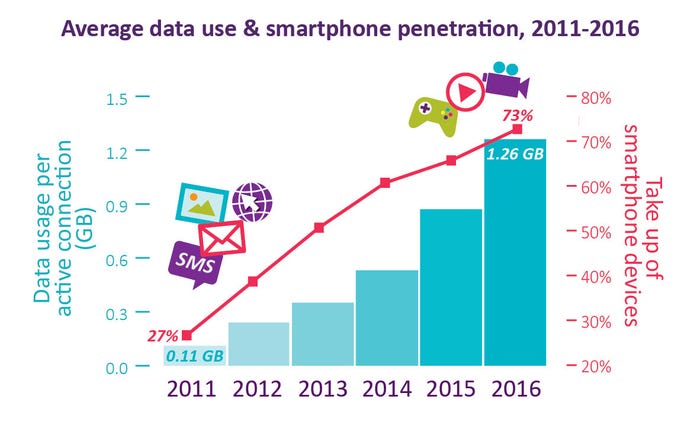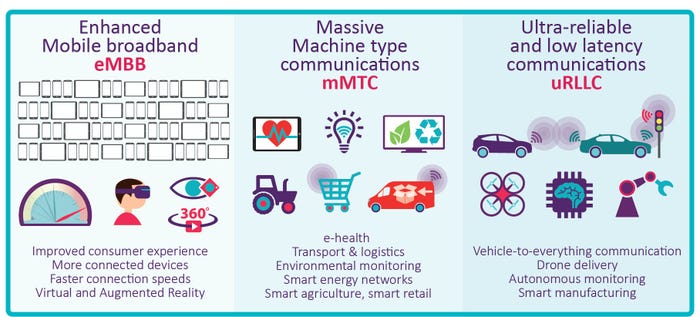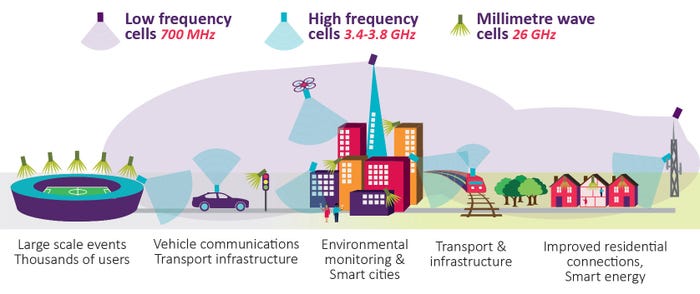Ofcom publishes beginner’s guide to 5G
Mobile phones have become really important, we’re told, while spectrum is, like, the air that the internet flies around in.
February 8, 2017

Mobile phones have become really important, we’re told, while spectrum is, like, the air that the internet flies around in.
Apart from the apparent need to explain 5G in words of one syllable the Ofcom document, entitled ‘Update on 5G spectrum in the UK’, seems to have been published to show what a central role Ofcom is playing in bringing 5G about. “Ofcom is playing a leading role internationally in the identification of spectrum bands for 5G having acknowledged the need for different spectrum bands with different characteristics to meet the requirements of future 5G services and networks,” the report proudly announces.
This leading role seems to involve repeating whatever the European Radio Spectrum Policy Group and the European Conference of Postal and Telecommunications Administrations tell it to. In the case of 5G spectrum this means the identification of three main bands.
700 MHz, Ofcom explains, is handy for coverage because it has a wide range. The 3.4-3.8 GHz band offers greater capacity at the expense of coverage and the 26 GHz band (24.25-27.5 GHz) provides excellent capacity if you happen to be standing right next to the base station.
Europe has already made its 700 MHz move, and Ofcom says it’s all over the higher frequency bands, without revealing any detail for now, but threatening some kind of licensing burden. That’s pretty much it, although Ofcom thoughtfully provided some pretty pictures for anyone still struggling to get their head around 5G.



About the Author
You May Also Like










.png?width=300&auto=webp&quality=80&disable=upscale)


_1.jpg?width=300&auto=webp&quality=80&disable=upscale)